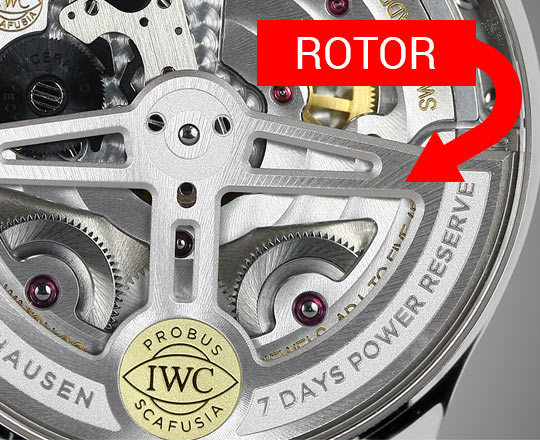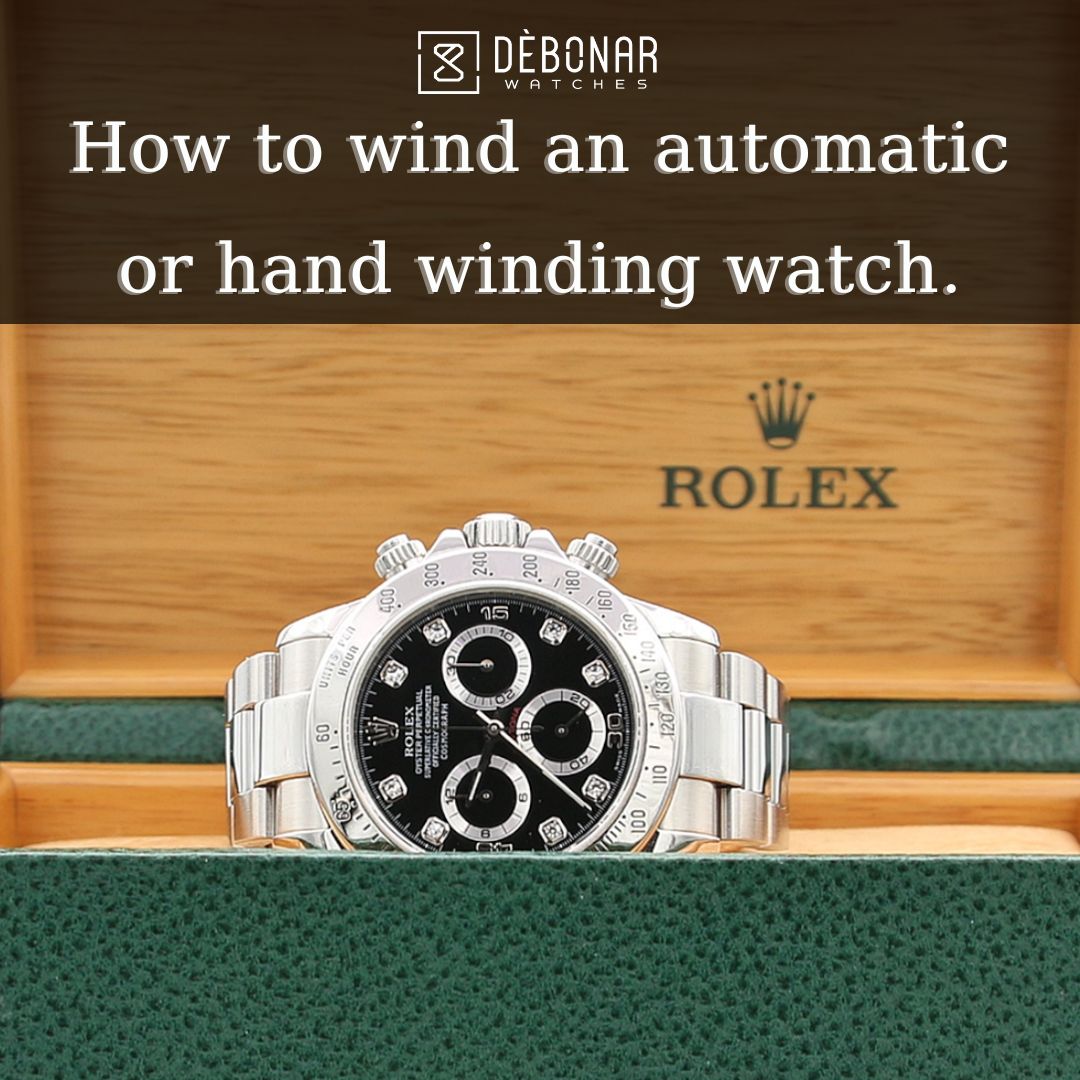Roads & PavementRoads & Pavement
Barefoot
Minimal
Low
Medium
High
Maximal
All around running shoes offer comfort and cushioning for daily runs, jogs, walks, and long mileage. They offer enough versatility for both faster and slower runs and are a great option for those who want one running shoe to do it all.
Fast run or uptempo running shoes are lightweight and responsive. They offer streamlined designs that have minimal uppers and offer a high level of energy return. These shoes are a great option for faster runs in the week or those looking for a livelier experience.
Max Cushion shoes offer premium cushioning with ample ground protection and a stable ride. These types of shoes provide abundant impact protection that softens landings while running at any pace or distance. These types of shoes are best for slower recovery runs and easy days where comfort takes priority.
Racing shoes are designed with optimal performance in mind. These types of shoes have snug-fitting uppers, energetic midsole foams, and features implemented for maximum efficiency. These types of shoes are best for runners looking to gain the ultimate advantage in races but may sacrifice some durability and comfort.
Gym Workout shoes offer a stable and versatile ride. They have a firmer underfoot feeling that provides stability for lateral movements with comfortable uppers. These types of shoes are best for trips to the gyms, cross training, casual wear, and light running. What is a manual winding watch
Road running shoes feature smooth outsoles that are designed for running on paved surfaces such as roads, sidewalks, and bike paths.
Designed to handle most trail runs, these shoes prioritize comfort and a smooth ride. These shoes are great for anything from smooth singletrack, park trails, and fireroads making them ideal for those who run from their doorstep on streets before hitting the trail.
These shoes are best used for hard, rugged trails such as shale, granite or sandstone where grip on smooth surfaces and underfoot protection are important.
Designed for use in muddy, soggy conditions, these shoes feature very aggressive outsoles that dig deep into soft ground for exceptional traction.
These shoes feature technical outsoles designed to grip snowy and icy trails making them ideal for winter trail running.
Cushioning level, or stack height, refers to how much shoe is between your foot and the ground. For this category, we reference the amount of cushioning below the forefoot as the heel height will be equal to or greater than the forefoot height.
Automatic Watches FAQ Everything you need to know
0-13mm. The Shoe generally does not have a midsole and feels like there is no cushioning. This shoe is all about feeling the ground underfoot.
14-18mm. The shoe has a thin midsole that allows for a natural running experience. Racing shoes and minimalist shoes are common here. These shoes offer a feeling of being connected to the road or trail.
19-23mm. The shoe has a slightly cushioned feel and may feature added cushioning technologies. Performance training shoes and some trail shoes are common here. These offer protection during footstrike but prioritize a lightweight, grounded experience.
24-28mm. These shoes have a stack height that fall near the middle of the spectrum.The shoes in this category are verstaile and great for all types of runs and distances.
29-34mm. The shoe has a thick midsole and ample cushioning. These shoes are highly protective and absorb more impact than the body.
35mm plus. The shoe has an extremely thick midsole and extra cushioning. The focus is on protection and soft foam underfoot with hardly any ground feel.
Neutral shoes support the foot through a normal range of arch collapse and generally do not have a built-in technology to correct movement.
Stability shoes are a great option for those who overpronate or need added support. These shoes help to limit the inward rolling motion of the ankle while running or walking and assist in guiding the foot straight through the gait cycle. Automatic watch Wikipedia
Product Details:
How to wind a mechanical watch top, Manual Wind vs. Automatic Watches Learn the Difference VALLAE top, How Manually Wound Watch Movements Compare To Their Automatic top, Winding Watches Uncover Top 10 Hand Wound Manual Wind Watches top, Rolex Movements 3 Different Types The Watch Club by SwissWatchExpo top, Understanding Mechanical Watches From Automatics to Hand Winds top, Functionning of a mechanical self winding watch top, Manual vs. Automatic Watches What s the Difference Watch Guru top, How To Wind A Mechanical Watch top, How To Wind A Manual Watch Watch Obsession top, Is It BAD To Let Your Automatic Watch Stop Watch Winding Guide top, How to wind an automatic or hand wound watch a guide on how to top, Manual vs. Automatic Watches What s the Difference Watch Guru top, Automatic watch Wikipedia top, Automatic Watches FAQ Everything you need to know top, What is a manual winding watch top, How To Wind Automatic Watch Automatic Watches For Men top, Self Winding Watches Don t Do It The Truth About Watches top, How To Set The Time on a Rolex Winding a Rolex Watch top, What is a Watches Mechanical Movement Watches by Timepiece top, Manual Wind Up Watch Repair Services My Jewelry Repair top, Automatic vs Manual Wind Watch The Difference Between Mechanical top, 3 Ways to Wind an Automatic Watch wikiHow top, Here s Why Manual Winding Watches Are For Horological top, Understanding Mechanical Watches From Automatics to Hand Winds top, A Quick Guide To Automatic Watches Beaucroft Watches top, How Do Mechanical Watches Work WatchBox The 1916 Company top, Winding Watches Uncover Top 10 Hand Wound Manual Wind Watches top, Winding Watches Uncover Top 10 Hand Wound Manual Wind Watches top, How To Wind A Manual Watch Watch Obsession top, Tutorial How to Wind and Set Your Automatic Watch WatchGauge top, How to Wind an Automatic Watch for First Time Owners Grayton top, How to wind an automatic watch top, How often do you have to swing your automatic watch to keep it top, 3 Ways to Wind an Automatic Watch wikiHow top, Over Winding A Watch Automatic vs Mechanical vs Hand Wound The top, Automatic watch Wikipedia top, 3 Ways to Wind a Watch wikiHow top, How to Wind an Automatic Watch for First Time Owners Grayton top, The Automatic Watch Beginner s Guide How To Wind An Automatic top, What s the difference between a manual wind and an automatic watch top, GRIGRI watches Articles How to set an automatic watch top, Watch 101 How To Correctly Wind Your Mechanical Watch top, How to Wind an Automatic Watch Davosa USA top, How To Wind An Automatic Watch By Hand WatchReviewBlog top, 3 Ways to Wind a Watch wikiHow top, Manual Wind Watches VS Automatic Watches Which is Best top, How to Wind a Watch top, 3 Ways to Wind an Automatic Watch wikiHow top, 3 Ways to Wind an Automatic Watch wikiHow top, Product Info:
Manually wind automatic watch top.
- Increased inherent stability
- Smooth transitions
- All day comfort
Model Number: SKU#7421133





